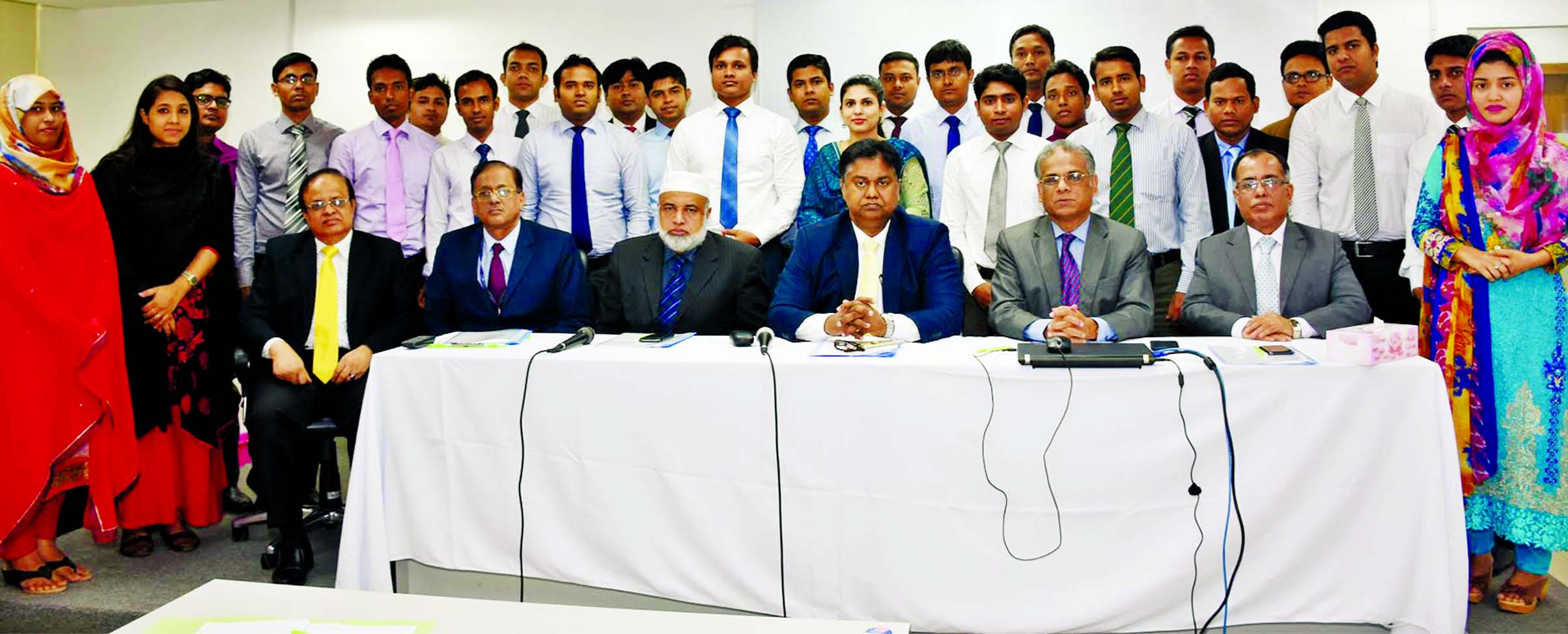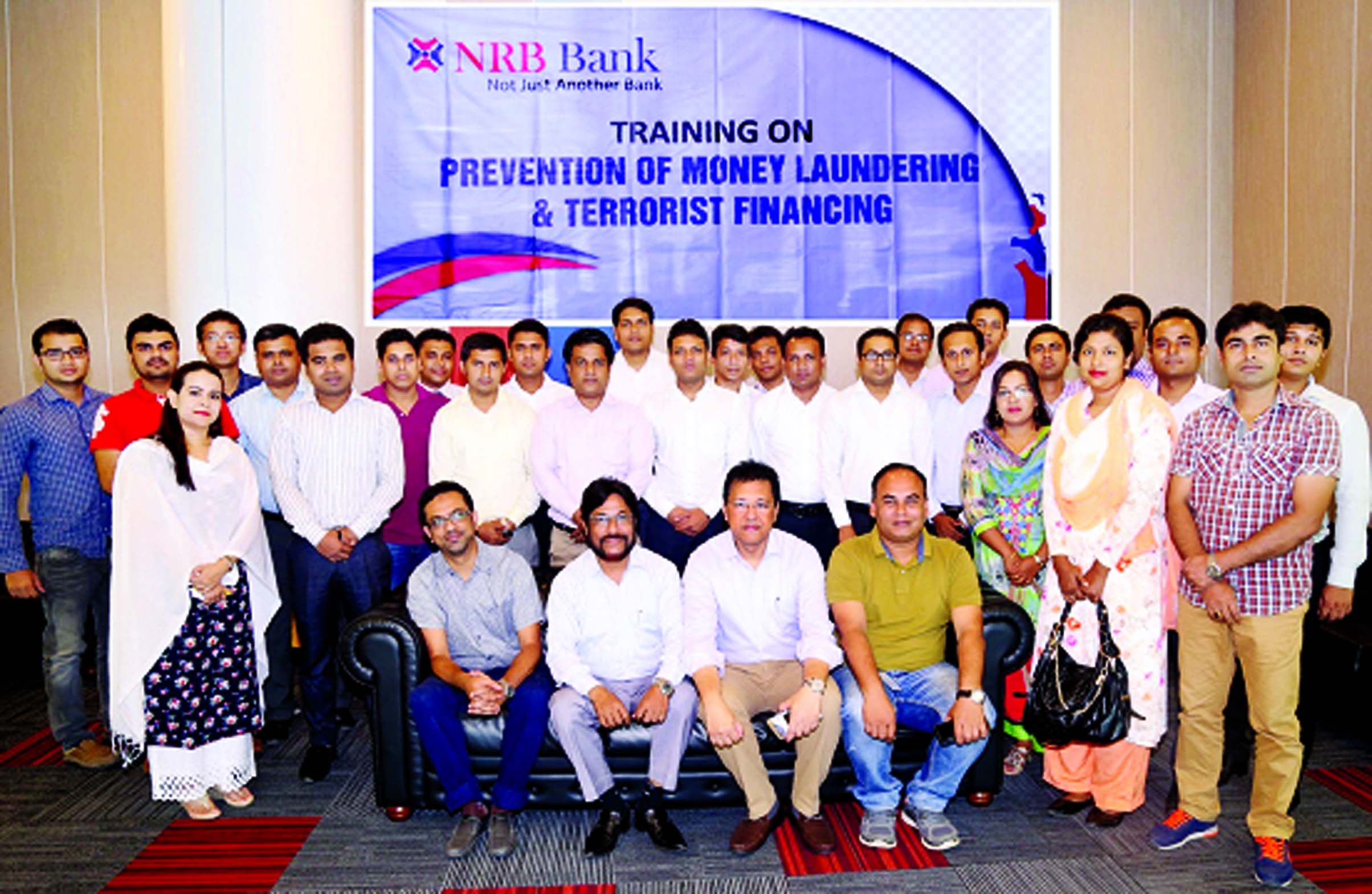Norway's $960 billion sovereign wealth fund will ask the banks in which it has invested to disclose how their lending contributes to greenhouse gas emissions, its chief executive told Reuters on Friday.
The world's largest wealth fund, which is managed by Norges Bank Investment Management and invests in stocks, bonds and real estate outside Norway, has in the past measured the carbon footprint of its investments in equities and bonds.
"The third level is to look at the banks," Chief Executive Officer Yngve Slyngstad said. "What kind of loans do they have and how are their loan books specifically exposed to this issue? In practice that will mean the corporate loan books."
The financial industry is the biggest single sector in the fund, known as the Government Pension Fund Global, accounting for 23.8 percent of its equity portfolio.
Holdings include Credit Suisse, Deutsche Bank, HSBC, Citigroup, Wells Fargo, Barclays and Nordea, among others. In total it is invested in close to 9,000 companies worldwide.
"Going into project specifics I don't think is within the scope for us within the next few years. But the overall direction of their policies is something that we expect to come," Slyngstad said.
The fund, along with other investors such as BlackRock, is pushing companies to disclose both their carbon emissions and their plans to handle the risk of climate change.
The Norwegian fund sends its expectations on these issues to the boards of companies it has stakes in and holds meetings to ensure its views are heard.
"In 2017, we will have more than 4,000 company meetings. Last year, nearly half of the meetings raised the issue in the environmental, social and governance area," he said, adding that most meetings would be with CEOs and some with chairmen.
Britain is the fund's second-largest investment location after the United States, accounting for 9.1 percent of its portfolio at the end of 2016.
Slyngstad reiterated the fund would remain a long-term investor in the country after it leaves the European Union.
"I have a hard time seeing that any aspect of this whole Brexit discussion and the negotiations around it will affect our investments in the UK," he told Reuters at his office in Oslo.
The fund owns shares in most large British companies and holds $11 billion in British government bonds. It co-owns Regent Street, one of London's premier shopping areas.
"Because our starting point is that we invest relative to the size of the equity market and the size of the economies, it is the case for the UK, as it is for the rest of Europe."
The fund does not plan to change the weighting of its biggest country-holding, the United States, which accounted for a record 37.2 percent of its investments at the end of 2016.
"We are a long-term investor in the U.S. and our investments are aligned with the mandate of the (finance) ministry. There is no current plan in that direction (to change the weighting)," said Slyngstad.
In China, Slyngstad expected the majority of its investments to remain in equity markets.
"A very small proportion of it is in the bond market. So our exposure to the bond and currency markets is much lower. I think going forward this is our long-term strategy," he said.
Globally, its fixed-income holdings would continue to focus on four currencies: the U.S. dollar, sterling, yen and the euro. "That is the bulk of our holdings both on the corporate bond side but first of all on the corporate side. Government bonds may be more dispersed," he said.
news:daily star/4-jun-2017



 Abrar A Anwar, CEO of Standard Chartered Bangladesh, speaking at a press conference at a hotel in the city on Saturday. Sebastian Er, Director, EC of OBOR,
Abrar A Anwar, CEO of Standard Chartered Bangladesh, speaking at a press conference at a hotel in the city on Saturday. Sebastian Er, Director, EC of OBOR,  Mosleh Uddin Ahmed, Managing Director (CC) of
Mosleh Uddin Ahmed, Managing Director (CC) of
